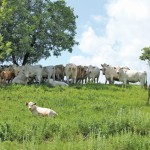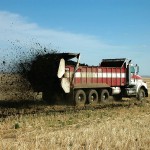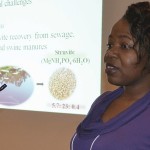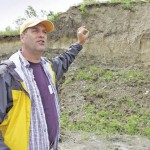When Ian Grossart harvests alfalfa on his farm in southwestern Manitoba, he knows where most of the nutrients he’s just removed are going to end up — back on his land. “With the cattle we compost all of our own manure, so that becomes a big part of our fertility program,” he said. “And because








